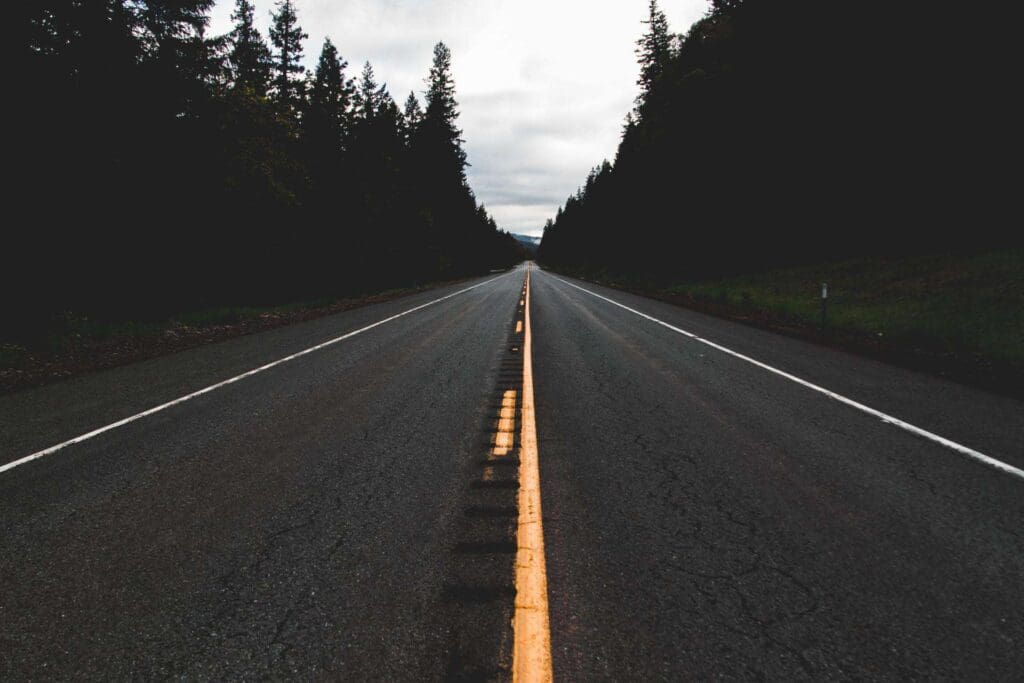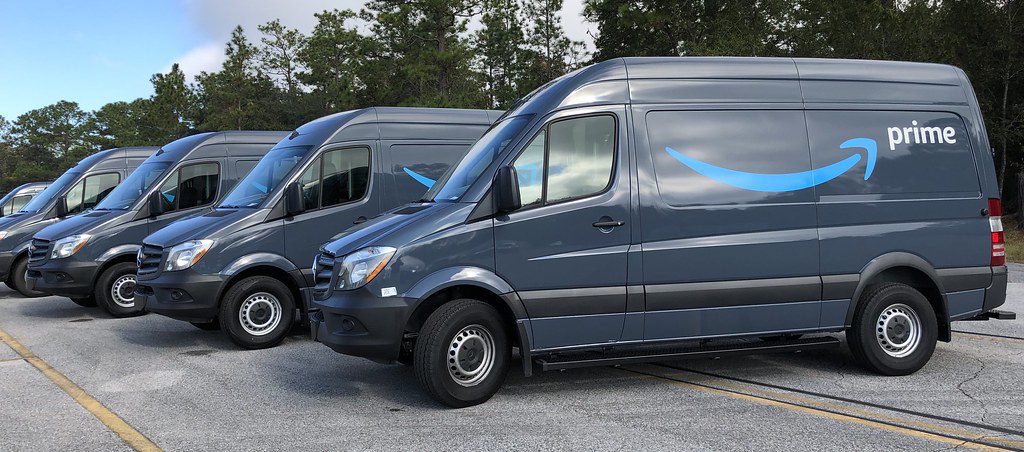Here’s how a road trip car safety checklist can help keep you safe while traveling in 2020.
One of the affects of COVID-19 has been a big decrease in air travel (TSA reported a 96% drop in April), and what looks like a corresponding increase in car travel.
As families drive to campsites and parks across the country, the standard road trip car safety checklist just isn’t enough.
I recently drove from Washington State to northern California. Before leaving on our journey, I thought a lot about how we could be prepared, knowing that it would be difficult to stop (and, it was). I purchased a portable battery charger, a portable air pump, stocked a cooler and made sure that I had several good nights of rest. And I made a road trip safety checklist, which I have adapted for you here.
The 2020 Road Trip Car Safety Checklist
1. Prepare the vehicle.
- Oil change and fluid check. Ideally, you would want to have an oil change, tire check, brake check and fluid check.
- Tire pressure check. If you haven’t been driving much, your tires may have leaked. (And if you haven’t been driving your car much lately, get the battery checked, too.)
- Light check. Make sure all the bulbs are working in your headlights, tail lights and brake lights.
- Windshield wipers. Last year, we drove through some extreme weather on our summer road trip. It was evident that a lot of cars weren’t prepared for heavy rain.
- Maintenance. You should consider handling any outstanding maintenance or repairs. While, in the past, we might assume AAA or a local mechanic could help with any emergency repairs, there may be delays in getting parts.
2. What to pack.
- Get a good pair of sunglasses. Sun flares are a common factor in collisions. Even a minor fender-bender could take a day out of your family road trip, and expose you to unnecessary risks.
- Bring a cooler. Pack snacks and water that you might normally stop for, in order to limit your family’s exposure to COVID-19.
- Include emergency repair gear, including tire patch and an air pump, and maybe a battery charger. Your roadside emergency gear should also include flares, a flashlight, and a rain poncho.
- Bring extra masks. They are required in many places, and still advisable in many others.
3. Driving safely
- Mentally prepare. Only get behind the wheel of the car when you are prepared to give 100% of your focus to driving.
- Make sure that your cellphone is tucked away (don’t worry, you can check it when you stop). Set a playlist, or leave changing the radio or music to the passengers.
- Take breaks to eat. A lot of drivers are used to the idea of eating behind the wheel, especially on long stretches of highway. And now that restaurants are currently limited to drive-throughs, you need to make a real effort to pull over to eat. But, eating while driving does count as a distraction, and you should avoid it. (You don’t want to hit a pedestrian because you had a burger in your hand.)
- Watch the traffic closely. In my experience driving through Washington, Oregon and California, there are a lot of recreational vehicles on the roads, and a lot of drivers pulling campers and boats.
- Keep the gas tank about 1/4 full. Running out of gas on the highway on a hot summer day can be dangerous. Fill up when you can.
- Pay attention to all of the road signs. You should always look at warnings and speed limits. Also look for signs for highway rest stops and view points. These can be good places to pull off the road to stretch, check your messages, and with relatively limited exposure to others.

Final thoughts…
Here is the deal: highway travel is mostly safe, but I have seen way too many crashes over the course of my law practice to be casual about road safety. I have seen lives lost and lives forever changed by simple driver failures and errors. Most of these crashes weren’t accidents: they were predictable, and preventable.
Remember this: your safety, the safety of your family, and the safety of others depends upon you. Even on the roads, we are all in this together.
– Attorney Kevin Coluccio


